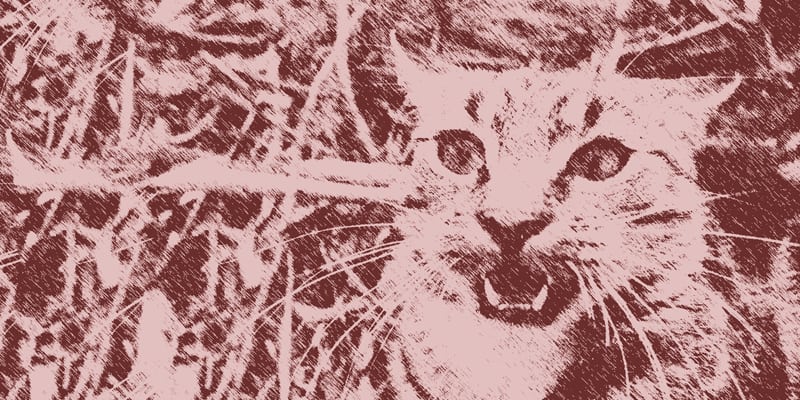Biofuels will become a catastrophe for Australia if governments fail to exercise more responsibility, an international conference organised by the CSIRO and OECD will be told today.
Speaking in Canberra Tim Low, biologist and project officer with the Invasive Species Council, will warn that government agencies are courting disaster by promoting giant reed (Arundo donax) as a biofuel. The plant is listed by the World Conservation Union as one of the world’s worst weeds.
The state of California spends many millions of dollars controlling giant reed, but in Australia, taxpayers’ money is being used to promote it as a biofuel,” Mr Low will tell the conference.
The Rural Industries Research Development Corporation and the South Australian Government both say giant reed can be grown safely if guidelines are followed. But for biofuels to make a difference to climate change, vast plantings will be needed, and it is naive to believe a weed can be grown on a mass scale without it doing what weeds always do.
Giant reed has been declared a noxious weed in parts of New South Wales, and should be declared noxious all over Australia to prevent its cultivation.
“To tackle the lack of agricultural land available in Australia to grow biofuels on the scale needed, proponents are turning to plants that can be grown on poor soil, and the plants that grow best under such conditions are weeds.”
An Invasive Species Council investigation of potential biofuel crops has found that most of the species under consideration have a history of weediness.
Mr Low will tell the Biosecurity in the New Bioeconomy conference that much of the global biofuels fervour has been based on unrealistic yield projections.
“Don’t believe in ‘miracle crops’ such as jatropha – there are rarely simple solutions to complex problems.
“Concerns about climate change should not be allowed to override concerns about invasive species.
“The federal environment department should be taking a leadership role in ensuring that environmental risks are considered before the hype about new economic opportunities takes hold. There is also a need for strong community involvement in these issues,” Mr Low said.
More information
Tim Low is available for interview and can be contacted on 0402 701 276, email isc@invasives.org.au.
He will be speaking at the Biosecurity in the New Bioeconomy conference at 4pm, Thursday 19 November, at The Shine Dome, Gordon Street, Canberra, 4pm. For more information about the conference visit the CSIRO website.
A photo of giant reed is available for publication and can be downloaded here. For higher resolution versions please email ISC communications advisor John Sampson.
Further information about the weed risks of biofuels can be obtained from ISC’s report The Weedy Truth About Biofuels 776kB PDF








